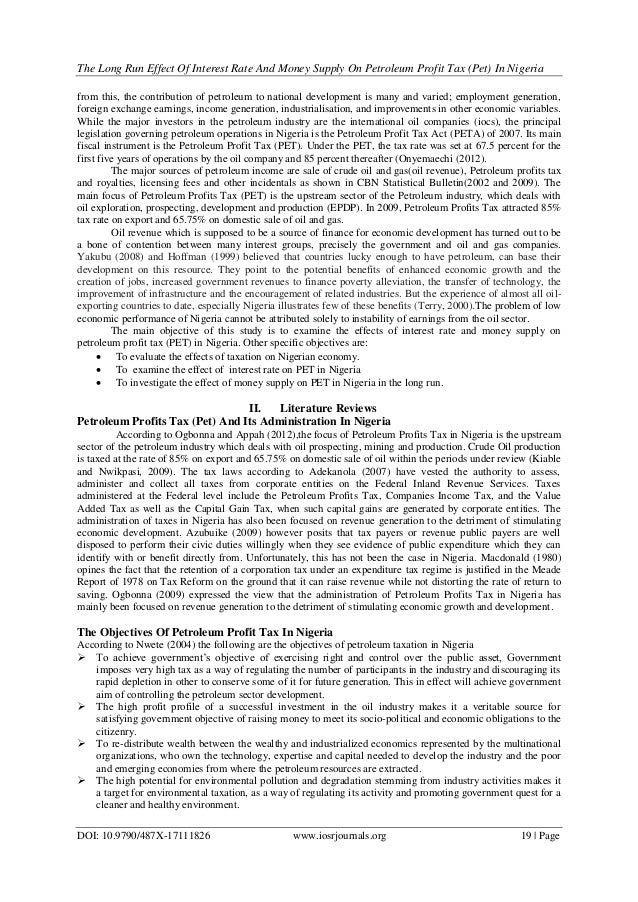Beneath the cold numbers lay lives divided. I had a constant dread that Mrs. Moore, her mistress, would be in want of money and sell my dear wife, a freedman wrote, reflecting on his time in slavery. We constantly dreaded a final separation. Our affection for each was very strong, and this made us always apprehensive of a cruel parting.
Forced partings were common in the antebellum South. A slave in some parts of the region stood a 30 percent chance of being sold in his or her lifetime.

When the wife and children of Henry Brown, a slave in Richmond, Virginia, were to be sold away, Brown searched for a white master who might buy his wife and children to keep the family together. He failed:
The next day, I stationed myself by the side of the road, along which the slaves, amounting to three hundred and fifty, were to pass. The purchaser of my wife was a Methodist minister, who was about starting for North Carolina. Pretty soon five waggon-loads of little children passed, and looking at the foremost one, what should I see but a little child, pointing its tiny hand towards me, exclaiming, There’s my father; I knew he would come and bid me good-bye. It was my eldest child! Soon the gang approached in which my wife was chained. I looked, and beheld her familiar face; but O, reader, that glance of agony! may God spare me ever again enduring the excruciating horror of that moment! She passed, and came near to where I stood. I seized hold of her hand, intending to bid her farewell; but words failed me; the gift of utterance had fled, and I remained speechless. Continue reading “Twenty-five percent of interstate trades destroyed a first ily”
